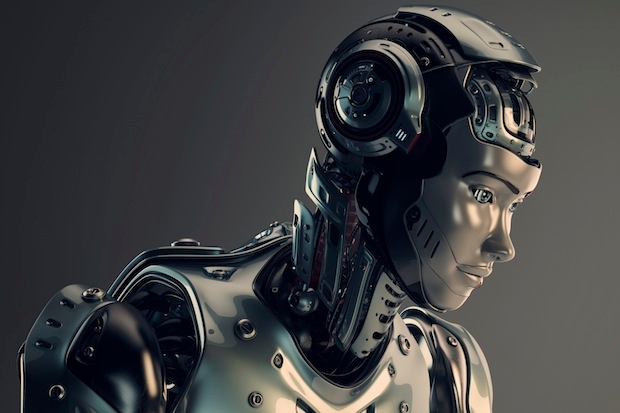Having written (for a Times diary) a few sentences about consciousness in robots, I settled back to study readers’ responses in the online commentary section. They added little. I was claiming there had been no progress since Descartes and Berkeley in the classic philosophical debate about how we know ‘Other Minds’ exist; and that there never would be. A correspondent on the letters page referred me to Wittgenstein’s treatment of the subject and so I studied his remarks. I have to confess they are, to me, unintelligible.
But I cannot let the matter rest. My earlier thoughts had been prompted by newspaper reports of the adventures of a talking, hitchhiking Canadian robot called Hitchbot. Every time such a ‘Whatever will robots learn to do next?’ story gets a public airing, we go the rounds of the same old discussion — a discussion that started in earnest in the 20th century: the debate about whether a machine could ever be so clever and responsive that we might call it ‘conscious’ in the sense we humans think we ourselves are conscious.
The debate never gets anywhere beyond the conclusion that, technologically, we’re a long way from that yet. True enough. But you cannot pursue it for long without becoming aware that the question of whether a machine could have consciousness can only lead to the question of how, if it did, we could know that it did. And this question in turn leads back to the question of how we can know that anything other than ourselves has consciousness. How do we know other minds exist? Maybe Descartes’s cogito ergo sum (I think therefore I am) is all we can know?
And there, it might be thought, the matter must rest.









Comments
Join the debate for just £1 a month
Be part of the conversation with other Spectator readers by getting your first three months for £3.
UNLOCK ACCESS Just £1 a monthAlready a subscriber? Log in